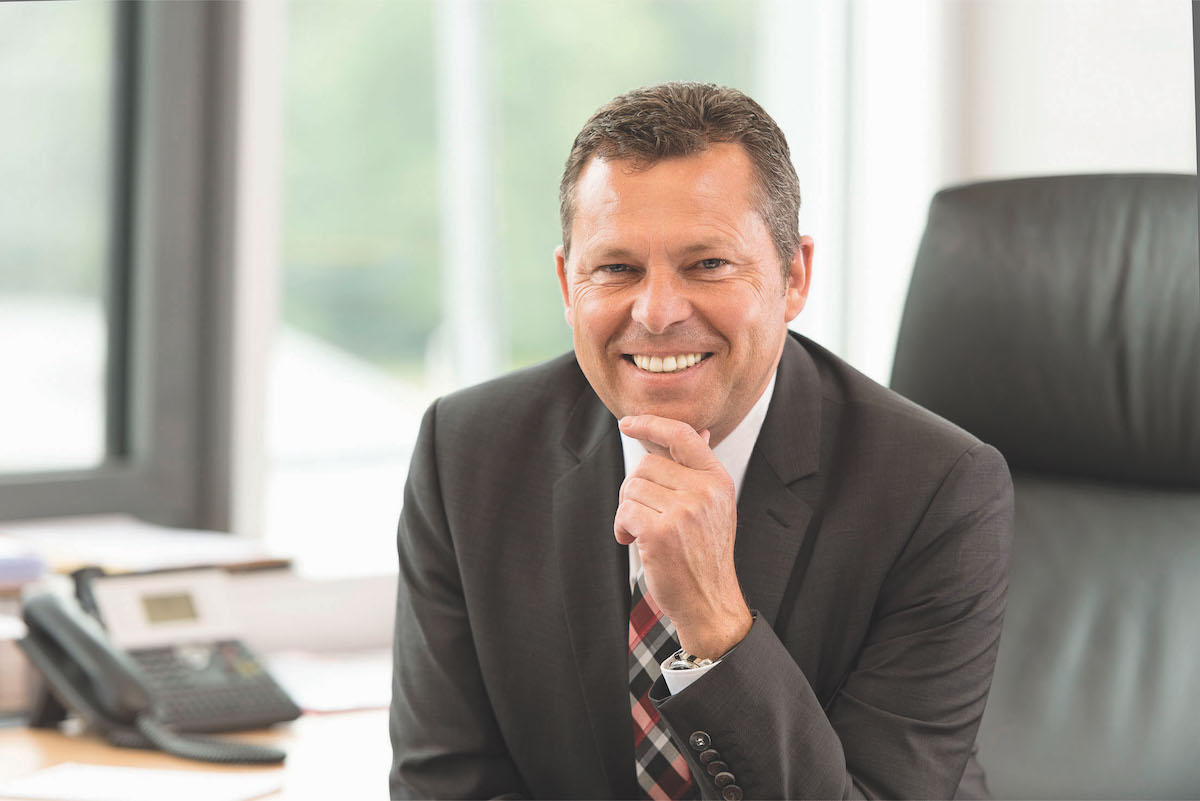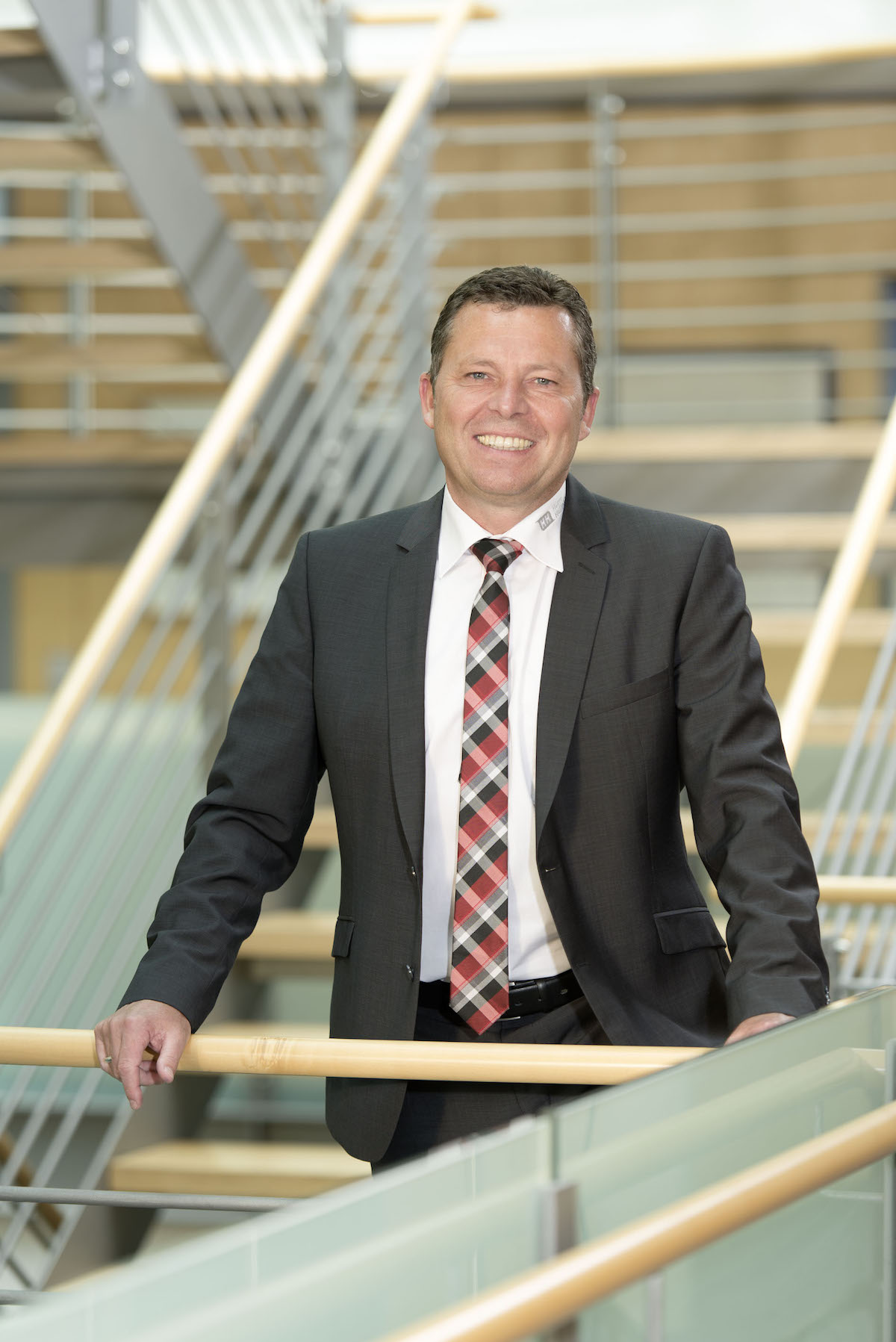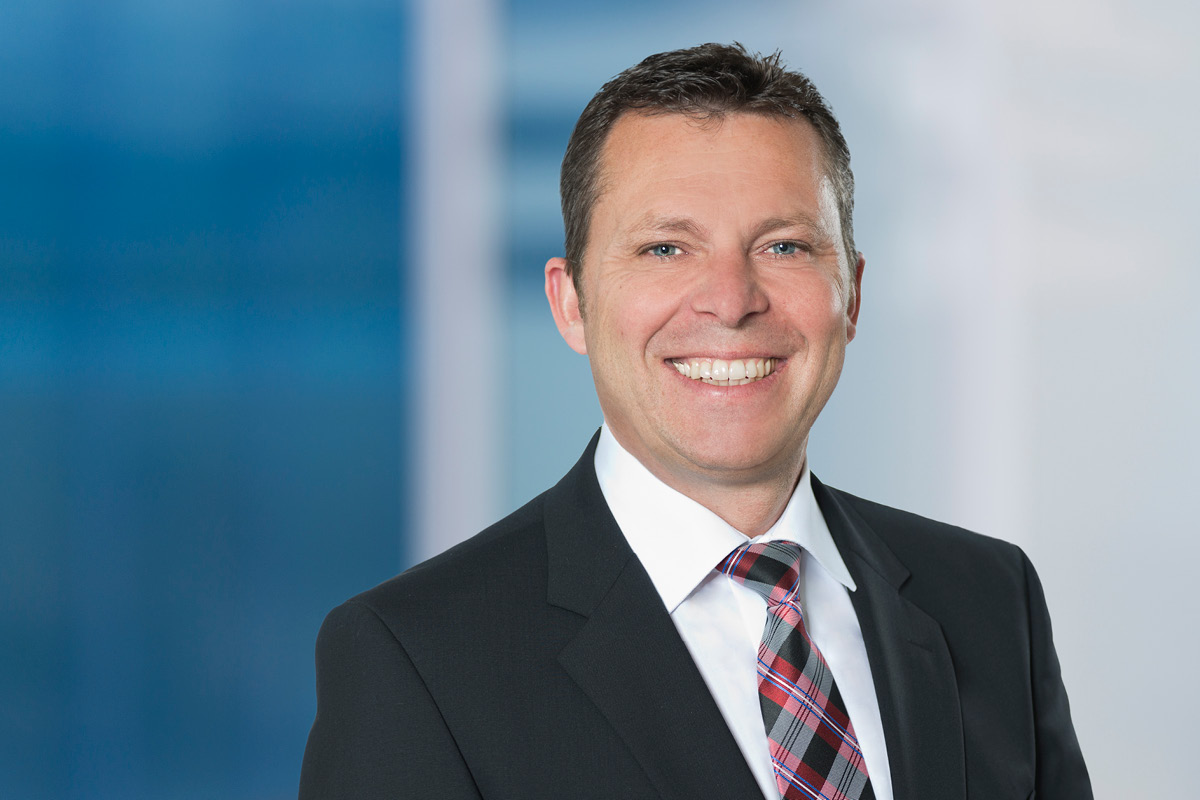The biggest challenge of Thomas Weller’s career was convincing his boss, Harro Höfliger, that the future of his eponymous company lay in the pharmaceutical industry.
“His initial business, which he started in his Stuttgart backyard in the 70s, revolved around the refurbishment and resale of cartoning machinery for beverages, such as whisky. From there, it progressed into the development and assembly of packaging machinery for almost every industry. I firmly believed we should have been focusing our resources on becoming the leader in one main market: pharmaceuticals,” he explains.
Thomas’s argument won over the management team, and today he says the manufacturing of production and packaging lines for the pharmaceutical industry accounts for 90% of its business. “It was a big step for Mr Höfliger to move away from the origins of the company and into the very innovative pharmaceutical world,” he continues. But it also firmly placed a young Thomas on a leadership trajectory that would see him become part of the management team in 2001 and eventually CEO in 2006.
Succession strategy
Today, Thomas and the other 4 members of the management team (Markus Höfliger, Uwe Amann, Peter Claussnitzer and Heinrich Havenstein) are also 50% shareholders in the company, part of the succession strategy devised by Harro, who recently celebrated his eightieth birthday and is no longer involved in the day-to-day running of the company (although he still comes into the office for a few hours daily, Thomas says).

Harro has placed his own share in a family trust, to guarantee that the business remains family-owned. “He always said he would rather have 50% in a well-performing company than 100% where everything was on his shoulders,” he explains.
It is clear Harro has been an enormous influence on Thomas’s career. “One of his most enduring teachings was the importance of hiring the best talent possible, because with the right people you can achieve everything,” he says.
Impressive growth
It’s a lesson well learned, since under Thomas’s leadership, Harro Höfliger has gone from strength to strength. Between 2012 and 2015, its annual turnover has almost doubled – jumping from €114 million to €215 million, while employee numbers have also risen from 673 to 1,000.
The reason for this impressive growth is twofold. “We have worked to offer a full turnkey solution to our customers,” Thomas explains. It has partnered with 4 other German family-owned companies in the sector (Fette Compacting, Bausch + Ströbel, Uhlmann, and Glatt) in a cooperation known as Excellence United. “Together, we can supply almost anything our customers want. We don’t only provide machines; we offer solutions. For our customers, that is a big difference,” he says.

We want to grow faster than the market and the competition.
He has also been responsible for implementing a significant restructuring program, which has seen Harro Höfliger as a single entity become 7 individual business units. “With more businesses, we are very agile,” he argues, comparing the previous model with the ill-fated Titanic.
“We are dynamic compared to such a big vessel. If you have 7 speed boats heading in the same direction, carrying the same amount of passengers, you can manoeuvre them much more easily. That is the idea behind the restructure,” he says.
Taking responsibility – & risks
He names innovation, passion and commitment combined with customised solutions as the key factors that distinguish the business from others in the industry. “There isn’t another company that is prepared to take such big risks in starting new projects,” he says. “Often our competitors will view something as too risky or requiring too much engineering. For us, if it is in our marketplace, we’ll go for it. Our customers trust us to take responsibility and risk in order to move ahead with them, and that makes Harro Höfliger very special.”
In late 2016, Harro Höfliger was named one of Germany’s 500 Growth Champions for 2017 by the magazine Focus in conjunction with data analysts Statista. “The philosophy I am always telling my people is that we want to grow faster than the market and the competition. This is what is driving the company,” he says.
“For instance, if the pharma market grows by 6% to 8%, I want double-digit growth, because then I am automatically taking market share from my competition. Focus calling us one of the fastest-growing companies is proof that we are doing many things correctly.”



